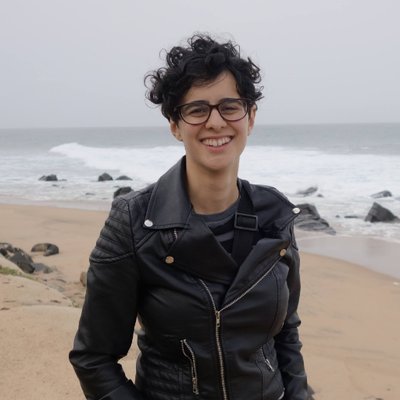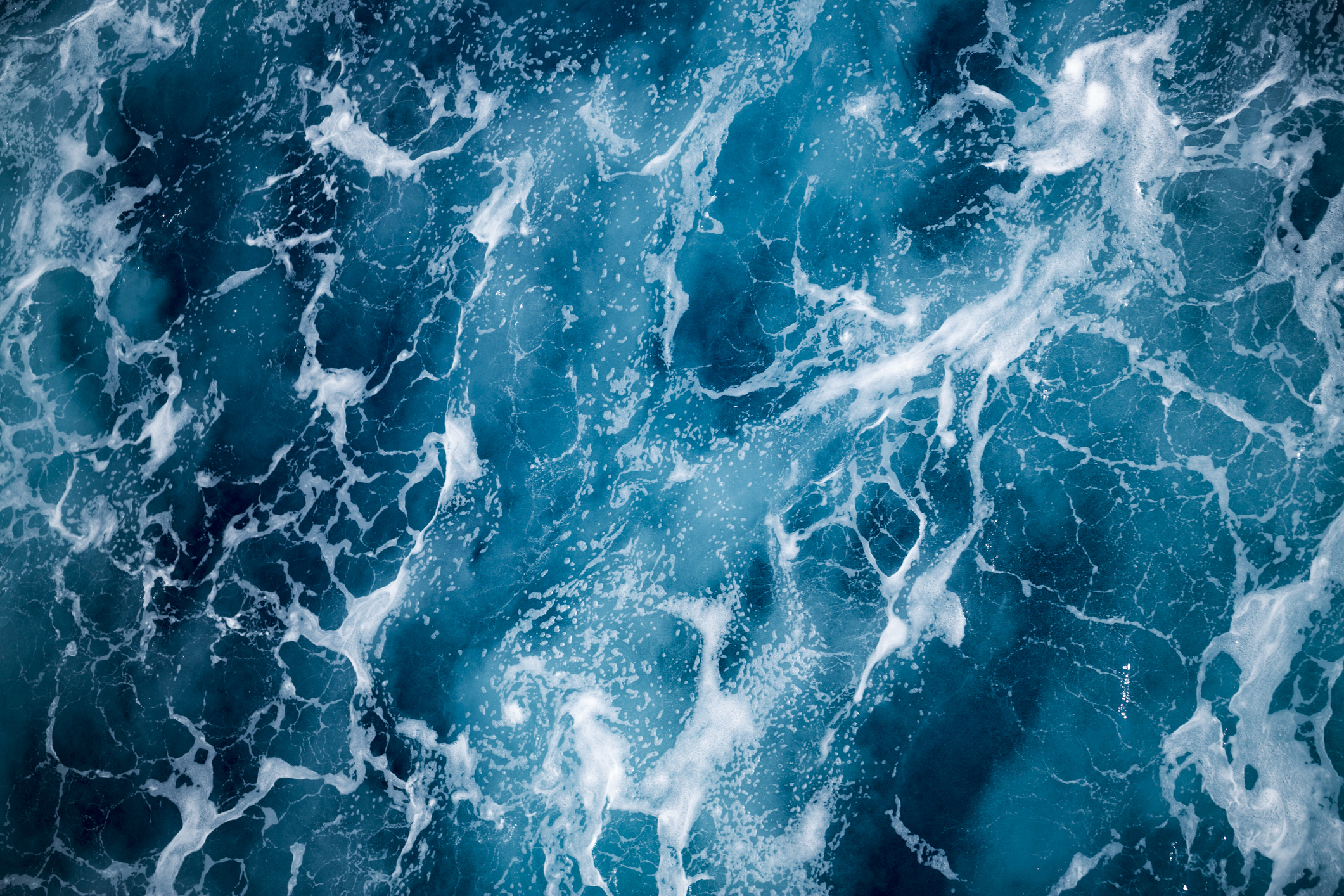Ranah Chavoshi (RC): The first time I went swimming in Cultus Lake, I was wading into the water with my swim goggles. And as you wade in—and maybe you can relate to this—but when you go into the lake or the ocean, sometimes you feel that slimy little thing on your leg and you panic for a second and you look down and you see it's just seaweed or maybe an aquatic plant.
And in this case, it was an aquatic plant. And I remember when I was in the water, I went down further and I started to look at these aquatic plants when I was under the water and I just remember thinking to myself, “Wow, how is a plant growing in water? This is crazy!” And I think maybe, who knows? It could be part of the reason that I'm so fascinated with seaweeds because they grow in some of the harshest ecosystems in the world. You know, growing along the shoreline is not an easy thing to do when you've got four tides a day. It's a hard-knock life for a seaweed. So, maybe that's why I love them so much.
Science World (SW): That’s Ranah Chavoshi. A marine biologist and founder of PhyCo, a startup working with Indigenous Nations to manufacture biodegradable, non-toxic and petroleum-free plastic packaging.
RC: During the pandemic, I was doing research for my masters at my field site in Stanley Park. And while I was doing it—I'd been working at that site for a couple of years—and I started to see gloves, masks, personal protective equipment, bags. They were showing up with more frequency, and this started to concern me. And I remember also thinking to myself, “In four years time, since 2016, how have we not come up with an alternative to this?” “How is it that we are still using plastic that persists in our environment for thousands of years?”
SW: One of Ranah’s current projects is conceiving a way to reduce ocean plastics by creating a seaweed bioplastic—a project that won first place in the Ocean Wise Innovator Lab.
RC: We desperately need to find a solution for plastic. We need to stop producing so much of it and you know, I think seaweed can be a really good climate solution. I think there are ways that we can do seaweed aquaculture that really benefits communities that are rural, remote or Indigenous. And you know, Indigenous Peoples in our region have been cultivating it and harvesting it for thousands of years for different purposes; for food, for medicinal purposes. And there's also a very important kind of cultural context to seaweed as well to our Indigenous nations along our coasts.
SW: Ranah shares that seaweed can also help remove carbon dioxide from the atmosphere; studies have shown that both seaweed and kelp can absorb carbon.
RC: Seaweed and kelp forests are extremely important for our ecosystems. Seaweed can sequester carbon. Um, we know that it provides us with oxygen since they photosynthesize. They help with nutrient uptake in terms of nitrogen and phosphorus that exists in our oceans. They provide habitat for organisms—many, many different kinds of organisms. I believe some kelp forests can provide habitat for up to a thousand species of organisms in our marine ecosystem. So, they're extremely important. And I think, you know, we have to conserve what we have. We really do need to protect the ecosystems that are there and I'm hopeful that it can be done in a responsible and intentional way.
SW: And Ranah says she’s fortunate. Through participating in the Ocean Wise Innovator Lab, her studies at Capilano University and SFU, and mentorship opportunities, she has met like-minded peers interested in how we can help address issues impacting the ocean.
RC: The wonderful thing is when you're trying to find a solution to make the world a better place, there are a lot of people who want to see you succeed. And so anyone who has been interested in what I've done shares the values and the intentions that I have as I build this and continue to work in the field of biology. So, I've just been extremely fortunate that I've had so many amazing folks who have been there for me, who have been champions and continue to be champions. And I couldn't ask for a better support system.

